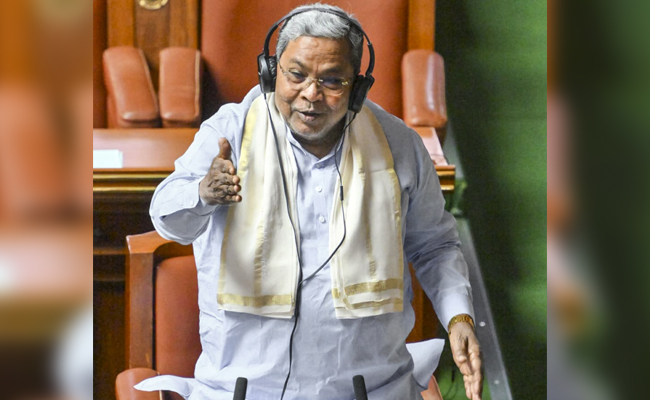Bengaluru: Claiming that it is the lightest reading app, Amazon on Wednesday launched Kindle Lite for Android in India.
The Kindle Lite app is available for download on Play Store.
An India first product, the Kindle Lite App is less than 2MB and provides Kindle features, including personalised recommendations, Whispersync (synching your eBooks across devices) as well as free eBook samples and titles in English, Hindi, Tamil, Marathi, Gujarati and Malayalam languages.
"As part of our continued focus on India, we are always working to improve the reading experience for our customers. Apps constantly compete for space on a mobile phone and Kindle Lite solves this problem for our readers," Rajiv Mehta, Country Manager, Kindle, said in a statement.
Kindle Lite consumes less memory on a customer's phone while providing a great reading experience -- even over slow internet connections and patchy networks.
"Kindle Lite is less than 2MB and built to provide a great reading experience even on 2G/3G networks," Mehta said.
During the first month after the launch, the customers would also get 80 per cent cashback on their first eBook purchased on Kindle Lite through Amazon Pay.
Let the Truth be known. If you read VB and like VB, please be a VB Supporter and Help us deliver the Truth to one and all.
Mangaluru (Karnataka) (PTI): A court in Mangaluru on Thursday sentenced a man to life imprisonment for the murder of a 47-year-old man in Dakshina Kannada district in 2022.
The II Additional District and Sessions Court Judge, Jagadish V N, convicted the accused, Murugan, under Section 302 of the Indian Penal Code and sentenced him to life imprisonment along with a fine of Rs 10,000.
According to the police, the case relates to the murder of Harish Salyan, a resident of Ullanje in Mangaluru city.
The incident occurred on March 19, 2022, near a tourist car parking area at Mulki Pete in Bappanadu village of Mulki town in Dakshina Kannada district.
Investigations revealed that the accused attacked Salyan with a red laterite stone embedded in cement concrete, repeatedly striking his face and killing him on the spot.
Police said the murder was allegedly committed due to financial enmity between the accused and the victim.
Following the incident, a case was registered at the Mulki police station, and the matter was later taken up for trial in the Sessions Court.
The investigation in the case was carried out by Police Inspector Kusumadhar, who filed the charge sheet before the court. Assistant Sub-Inspector Sanjeev assisted in the investigation.
During the trial, the prosecution was represented by Public Prosecutor Jyothi Pramod Nayak, who argued the case on behalf of the state.
Based on the evidence and arguments presented, the court pronounced the verdict convicting the accused and awarding life imprisonment.





